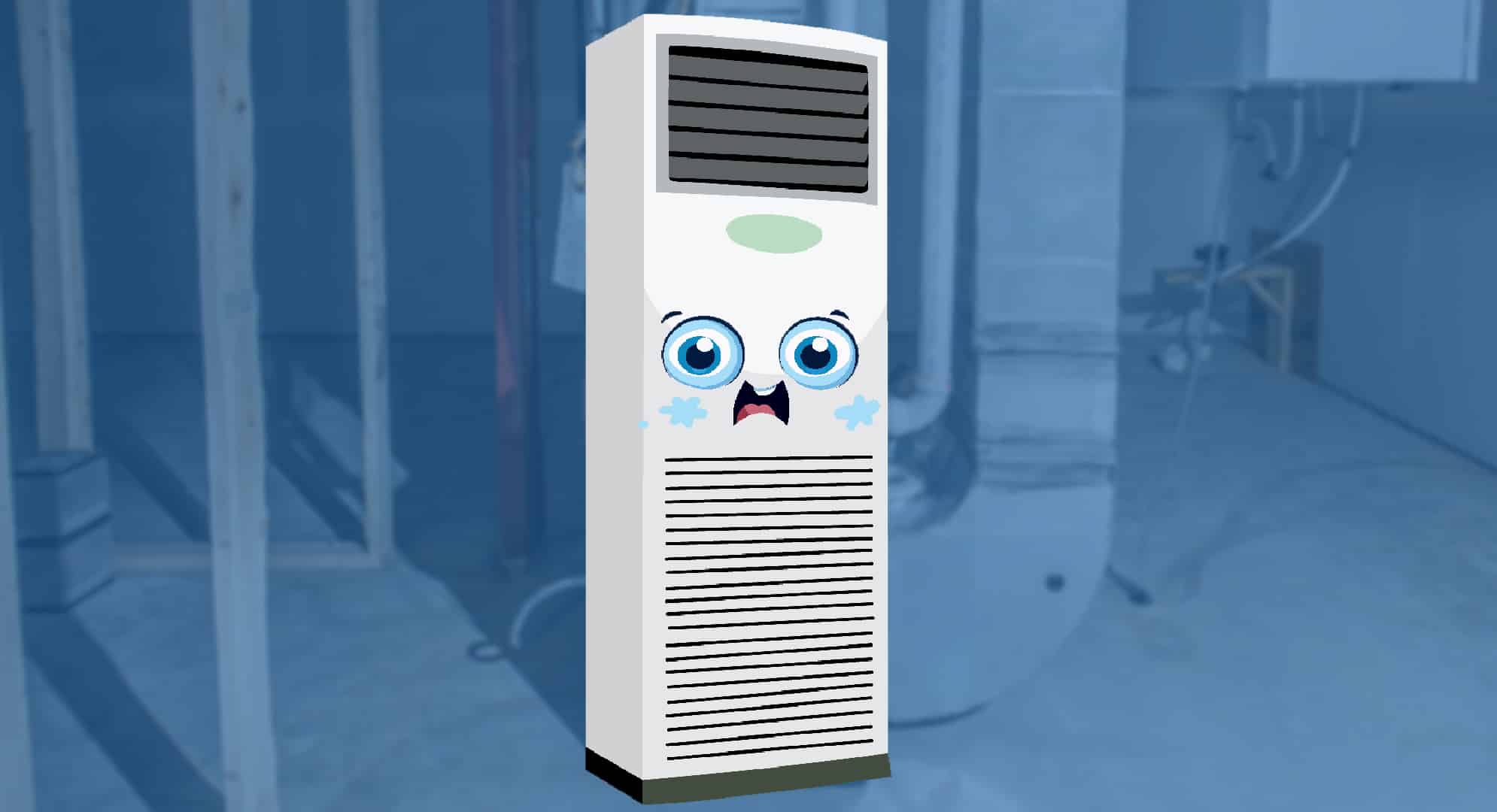How Long Does A Furnace Last?
 Most homeowners in California are also furnace owners. The dominant style of heat in our community is a gas-fired central heating furnace. Furnace designs come out of the Midwest (places like LaCrosse, WI or Indianapolis IN). They were designed for climates much harsher than ours, where the temperature can go below zero for much of the year. This means they’re over engineered for California, where their operating times are perhaps half or a third of what they would be if they were in a Minnesota basement.
Most homeowners in California are also furnace owners. The dominant style of heat in our community is a gas-fired central heating furnace. Furnace designs come out of the Midwest (places like LaCrosse, WI or Indianapolis IN). They were designed for climates much harsher than ours, where the temperature can go below zero for much of the year. This means they’re over engineered for California, where their operating times are perhaps half or a third of what they would be if they were in a Minnesota basement.
This generally gives them a longer life cycle. Equipment built to last 20 years in Michigan might last 30 or more years in California. In particular, heat exchanger failures are rare here, which is good news. A failed heat exchanger can’t really be safely repaired and it sits as the core of the furnace, so replacement is expensive. Once the heat exchanger cracks, it’s almost always time to replace the furnace. But today’s furnaces have lots of other expensive components. In particular, Federal law now requires new furnaces to use more energy-efficient Electronically Commutated Motors (ECM) in place of the older Phased Split Capacitor (PSC) designs. ECMs are also smoother on startup and shutdown, reducing noise and unpleasant drafts. But the technology is more sophisticated, meaning more expensive and less durable. A bad ECM might also be best solved by replacing the entire furnace. One way to limit ECM failures is to install a surge suppressor on the furnace power supply. This protects the electronics from voltage spikes or falls, reducing failure rates.
To wrap up, the longevity of a furnace depends mostly on the type of motor it uses. If you have an older gravity or wall furnace, these designs use convection rather than blower motors and can last 40 or 50 years. If they use the PSC style, universal in central heaters more than 10 years old, they should give 25 to 30 years of service. ECM motor-bearing furnaces should give you 20 years of life, perhaps more if equipped with surge suppressors. Of course, furnaces last longer and run better if they’re properly maintained; have your furnace checked at the start of each heating season.
If you have any more questions about furnaces, or about HVAC in general, call the air pros you can trust at Air-Tro at (626) 357-3535.
